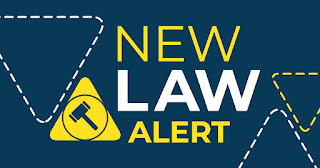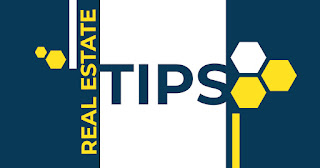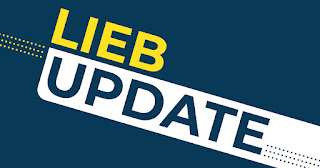On April 2, 2020, Governor Cuomo announced the 2021 New York State Budget which includes a statewide paid sick leave law. The new law states, in summary, as follows:
- Every employer is required to provide employees with annual sick leave beginning on January 1, 2021; the amount and pay required is dependent on the number of employees:
- Employers with four (4) or fewer employees and a net income of less than one (1) million dollars in the prior tax year must provide up to forty (40) hours of unpaid sick leave per year.
- Employers with 5-99 employees (and employers who have four (4) or fewer employees and a net income greater than one (1) million dollars) must provide up to forty (40) hours of paid sick leave per year.
- Employers with a 100 or more employees must provide fifty-six (56) hours of paid sick leave per year.
- Sick leave accrues at a rate of one (1) hour for every thirty (30) hours worked. Employers may provide all of the required hours at the beginning of the year.
- Employees may use sick leave under the following circumstances:
- Employee has a a mental or physical illness or injury (regardless if it has been diagnosed or employee requires medical care).
- To care for a family member who has an illness or injury.
- To take various precautionary measures; seek treatment or services as a result of the employee or family member being a victim of domestic violence.
- Employers who deny employees sick leave or retaliate against an employee for taking sick leave may be liable for substantial damages including but not limited to: back pay, front pay, attorneys' fees, civil penalties and liquidated damages up to $20,000.











